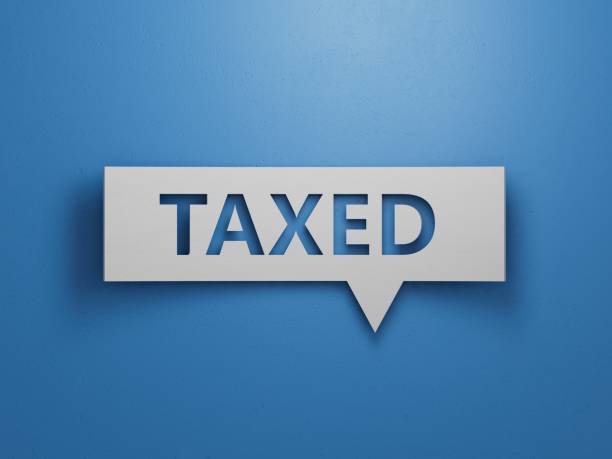A recent study published by Econ One and released by the Cellular Telecommunications Industry Association (CTIA), examines the adoption of broadband wireless across the US. The broadband wireless market is rapidly developing into a viable option for consumers that don’t have access to more traditional hard wired internet solutions.
Broadband Wireless, or Fixed Wireless as it’s sometimes referred to, is a cellular connection from a carriers network to a home. The connection is via a wireless device that functions similar to a wireless phone hot spot, but has much greater capacity and speeds. The pricing for these services is comparable to traditional cable and fiber services.
The Fixed Wireless service consumes wireless spectrum to deliver the internet and understandably, consumes a lot more spectrum than a phone or mobile device that are the traditional devices used on the network.
Unfortunately, there is insufficient bandwidth available to meet the growing demand for Fixed Wireless services.
The Federal Communications Commission (FCC) controls the use of radio frequencies in the United States and allocates different frequencies for different uses. In the case of wireless services, the range is currently 20 KHz to 300 GHz.
The study from Econ One highlights the current wireless spectrum usage and concludes that the existing allocation of frequencies needs to be expanded to support the anticipated growth of Fixed Wireless service consumers. The study calls for the FCC and the National Telecommunications and Information Administration (NTIA) to develop a spectrum expansion pipeline to meet the increasing demand.
Estimates from the GSM Association (GSMA), a coalition of global mobile operators, indicate that an additional 2 GHz of upper mid-band spectrum is needed to sustain Fixed Wireless expansion delivering download data rates of 100 Mbps.
The option for Fixed Wireless is sometimes the only affordable option in rural areas where traditional cable or fiber services are not available. Additionally, in areas where several internet broadband options are available, the addition of a low cost Fixed Wireless system will increase competition and reduce consumer costs.
Improving internet connectivity options for consumers will improve service and reduce costs. Congress needs to consider expanding the wireless spectrum allocation to allow further adoption of Fixed Wireless internet systems.
The executive summary of Econ Ones study is here.






